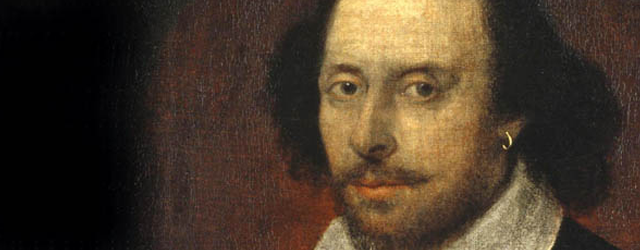Nick Churton, managing director of Amat Luxury’s UK London Office, finds evidence that not a great deal has changed in four hundred years when it comes to real estate investment.
William Shakespeare, who died 400 years ago last month, knew a thing or two about plots. And not just plots for his plays; he also developed an eye for plots of land.
Shakespeare’s genius was powerfully and colorfully exploring human nature in all its brutal, funny, romantic, frail, tragic and complicated guises. Over the centuries human nature hasn’t changed much so it is easy to imagine that the bard would have handled his real estate affairs today as he did four centuries ago. Shakespeare, it seems, not only had a way with words but a talent for investing in property.
In this he demonstrated a true understanding of the art of real estate. For instance he understood about investing in areas he knew well: his birthplace, Stratford upon Avon, and his workplace, London.
Shakespeare really appreciated location. Although he did not coin the phrase, location, location, location, he certainly could have done, such was his appreciation for finding the ideal position for a home or a theater. Shakespeare clearly understood that knowing one’s market is key to successful investment in property.
With his outstanding knowledge of human nature Shakespeare may well have proved a skilled negotiator by identifying strengths, weaknesses, opportunities and threats in people as well as the property market. And although he had a wonderful appreciation of history he must have had a very clear view on the future as well.
There were no real estate brokers in the early 17th century. They wouldn’t start to appear for another 250 years. So Shakespeare was on his own. Today you needn’t be. The real estate market is so much more complicated now. So if you are moving home, buying an investment or wanting that dream holiday home ask a well-established and reputable broker like us. We have the knowhow and experience. We will also care about you and your *‘blessed plot’.
*Richard II (II.i.40-50)



